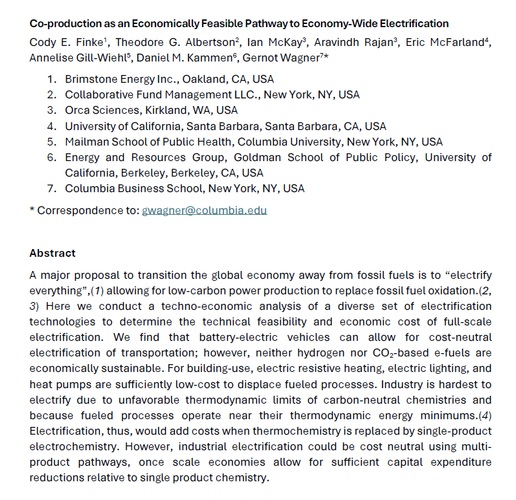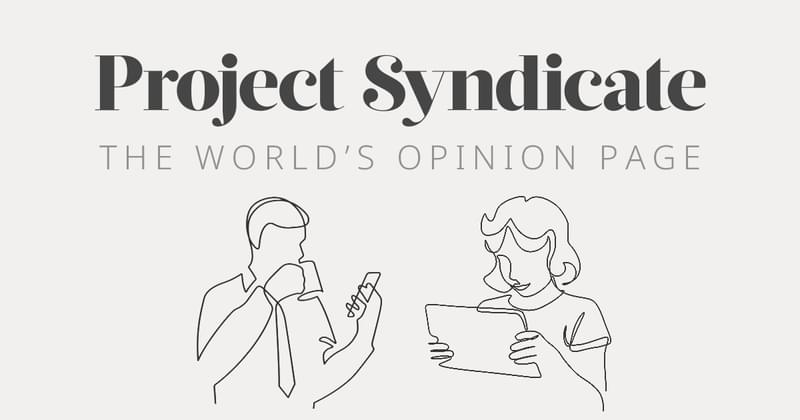Why does no one in Thailand recycle, Bangkok is a polluted mess, yet everyone uses CFLs?
Published on EDF Voices.
Few Thais recycle, no one bikes, plastic bags are everywhere and Bangkok is afflicted by gridlock and pollution. So you might say that, in general, Thais behave more like citizens of a rapidly emerging economy than the typical Brooklyn environmentalist.
Why, then, does virtually every home use efficient compact fluorescent lights (CFLs). Americans and Europeans needed a ban on incandescent bulbs to make the switch. Not so the Thais, where you can still buy cheaper, more inefficient incandescent bulbs at the corner store.
Was it the influence of a higher authority? Thais famously revere their 85-year-old King, the world’s longest-reigning head of state, who happens to be an environmentalist.
The answer is, mostly, no.
The King’s example may have played some role, but economic incentives, the economist in me is happy to report, played a much bigger one. Faced with the prospect of either building a new power plant or encouraging Thais to conserve electricity, the state-owned utility opted for the latter. CFLs received heavy subsidies, aided by a public information campaign.
So it turns out that Thais aren’t different from anyone else in the world. Give them the right incentives to use cleaner bulbs, and they’ll do it.
But give them incentives to buy cars instead of taking mass transit, and they’ll do that, too. The central government offers first-time car buyers generous tax incentives, so, yes, more Thais are buying cars. And not just thanks to tax incentives. In Bangkok, buses are packed and slow, and the elevated rail system, which is already operating at full capacity, is limited in its reach and is anyway a luxury many can’t afford. The truth is, you can’t get where you want to go without a car.
The result of these multiple incentives is predictable: a city seized by gridlock and serious air pollution – but whose inhabitants light their homes in the most environmentally friendly way.
The moral of this story is that it’s fine to appeal to the better nature of people – as the Thai King does to his people. But in the end, Thais, like everyone else, need the right economic incentives to reduce their carbon footprint.

